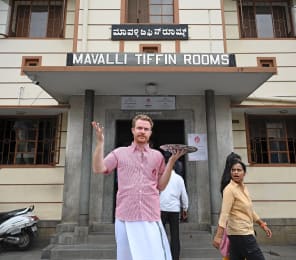
Every week this year on average, one or more New Zealand workers will likely be killed in a workplace accident.
America’s continuing mass shooting tragedies confirm for many Kiwis the insane nature of that nation’s tolerance for firearms. Yet our acceptance of workplace harm has its comparisons with the preparedness of American society to live with gun violence.
I worked in Australia for 30 years including in health and safety roles. If someone dies in a workplace there, it’s a big deal; in New Zealand we tend to think, “sh*t happens” — and move on.
Our worst examples of this are the continuing rates of death amongst agriculture, forestry and co
nstruction workers in preventable accidents.
While losing at least one worker on average a week in a workplace fatality is bad, sadly it is only a fraction of the tragedy of our misplaced tolerance.
This year 750 or more Kiwis will likely die from illnesses related to their work; that’s 15 times more than will die at work from an injury. It’s also about twice our annual road toll, which we devote huge budgets to reducing.
Our hospital system can expect to receive 100 people each week suffering from a variety of illnesses caused in their workplaces, including musculoskeletal damage, cancers, respiratory harm and mental health issues.
As much as America needs gun control, we need to end the toll of workplace injuries and health harm. The starting point is understanding that virtually all deaths and harm caused in workplaces is avoidable.
Every year I run workshops in 16 regions around the country to help managers and workers understand how they can achieve that.
While these workshops are aimed at the extractive sector, the learnings are applicable to any business that uses heavy earthmoving machinery — and you have got more than your fair share in use at the moment in your region.
All are welcome and it could be the first step towards stopping another fatality or serious harm event.
We look at how employers can avoid or minimise the health impacts of dust and noise, of slips, trips and falls; we also focus on how to ensure procedures designed to protect workers are followed. Many workplace accidents result from workers failing to use safety devices like seatbelts, exceeding set speed limits or removing protective guards.
There is also a session on diversity and respect in the workplace. This can be quite confronting for some people who think a blokesy culture is still acceptable. Not only is it inappropriate to treat women and others badly, such behaviour fails to recognise the crucial need to recruit a wider range of people into what have often been traditionally male workplaces.
Late last year, a report identified that our manufacturing and engineering sectors alone could be short 40,000 workers within five years.
Our extractive sector currently only has about one woman worker for every six or seven males. Like many other industries, we need to make women feel safe and valued at our work sites. Protecting them against injury is only the start.
■ Wayne Scott is CEO of MinEx, the extractive sector’s health and safety organisation. The MinEx health and safety workshop in Gisborne is at the Poverty Bay Golf Club on Thursday, June 15 from 8am to mid-afternoon. Register at: www.minex.org.nz









0 comment
JOIN THE CONVERSATION
Read and post comments with a
Newsroom Pro subscription.
Subscribe now to start a free
28-day trial.